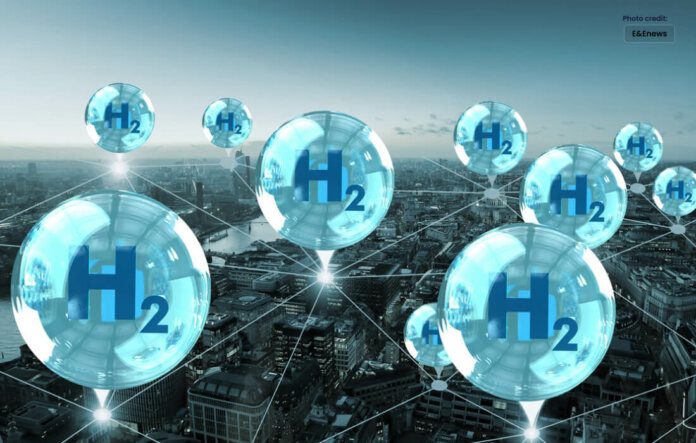Hydrogen: Clean Energy Wonder – Applications, Benefits, and Potential.
In the ever-evolving quest for sustainable and clean energy sources, it has emerge as a game-changer. This lightweight element is capturing the imagination of scientists, engineers, and environmentalists alike. Further, we will unravel the fascinating world of hydrogen, exploring its applications, benefits, and the enormous potential it holds as a key player in the transition to a greener future.
The Power of Hydrogen
What is Hydrogen?
This is the lightest and most abundant element in the universe, making up about 75% of its elemental mass. It is colorless, odorless, and tasteless in its pure gaseous form. While this a common component of water (H2O), it can also be produce and use as an energy carrier, offering various advantages in the pursuit of sustainable energy solutions.
Applications
Clean Fuel
It can be use as a clean fuel for various applications, such as:
- Hydrogen Fuel Cells: These devices convert hydrogen into electricity through an electrochemical process, emitting only water vapor as a byproduct. Fuel cells are already use in vehicles, buses, and even for backup power in buildings.
- Hydrogen Combustion: It can be burned directly in engines and turbines to generate power, with the only emission being water.
Energy Storage
One of it’s most promising applications is as an energy storage solution. Excess energy, often generated from renewable sources like solar and wind, can be used to produce hydrogen through electrolysis. This can then be stored and used when energy demand is high or renewable energy generation is low.
Industrial Processes
This is a vital component in various industrial processes, including the production of ammonia for fertilizers, refining petroleum, and manufacturing steel. Transitioning to “green hydrogen” (produced using renewable energy) in these sectors can significantly reduce carbon emissions.
Transportation
Hydrogen-powered vehicles are gaining traction as a zero-emission alternative to traditional gasoline and diesel-powered vehicles. Compared to electric cars, they have longer driving ranges and faster refilling times.
The Benefits of Hydrogen
Zero Emissions
When produced using renewable energy sources, it is a clean and emissions-free energy carrier. It plays a crucial role in reducing greenhouse gas emissions and mitigating climate change.
Energy Storage
It’s ability to store excess energy allows for a more stable and reliable energy supply, particularly in regions heavily reliant on renewable energy.
Versatility
It can be use across various sectors, making it a versatile energy carrier with the potential to decarbonize industries that are traditionally challenging to electrify.
Fuel Efficiency
This fuel cells are highly efficient, converting a significant portion of the energy contain in hydrogen into electricity.
Challenges and Future Prospects
While it offers immense promise, challenges like high production costs, storage, and transportation limitations need to be addressed. However, ongoing research and development efforts are making significant strides toward overcoming these obstacles.
Embracing Hydrogen for a Greener Future
Hydrogen, the clean energy wonder, is transforming the way we power our world. Its versatility, zero-emission potential, and also role in energy storage make it a crucial player in our transition to a sustainable future. As research and innovation continue to unlock its potential, it promises to be a key solution in our efforts to combat climate change and reduce our dependence on fossil fuels.




